This article previously appeared on Crossfader.
In this Crossfader series, our intricate and complex rating system will tell you definitively whether new television pilots are worth your valuable time. We call it: HIT OR SH**.
SMILF tries to reclaim the familiar acronym by adding a “single” in front of “mother.” Thankfully, the show works a lot better than its title. The titular character, Bridgette Bird (Frankie Shaw), is a young woman just barely scraping by in a one-room apartment with her son, Larry. She’s a tutor for bougie rich kids, a talented but struggling-to-work actor, a decent basketball player and—as the first episode is all too keen to tell us—seriously sexually unsatisfied. If all of that seems like too much for one person to carry, it is. But Bridgette is doing her best, and watching her try makes for an uneven, idiosyncratic, and, at moments, moving half-hour of television.
SMILF is a bizarre mash-up. One moment the humor is raunchy, the punchline obvious. The next it’s heartbreaking. Overall, its pathos is much more affecting than its humor, but that isn’t to say that SMILF isn’t funny. Bridgette fearing that her vagina isn’t fuckable after the birth of her son, Larry, certainly has its moments. It culminates with Bridgette attempting to have a spontaneous rendezvous while Larry unwittingly sleeps in the same bed.
It’s cringe-funny in the familiar way that almost makes you feel bad for laughing. Yet it doesn’t hit home until after the encounter ends as horrendously as you would expect it to. The door clicks shut behind her lover and Bridgette breaks, because feeling unfuckable has only been covering her deeper fear that she’s unlovable and stuck. The way Ms. Shaw conveys this without saying anything or lingering too long is truly haunting.
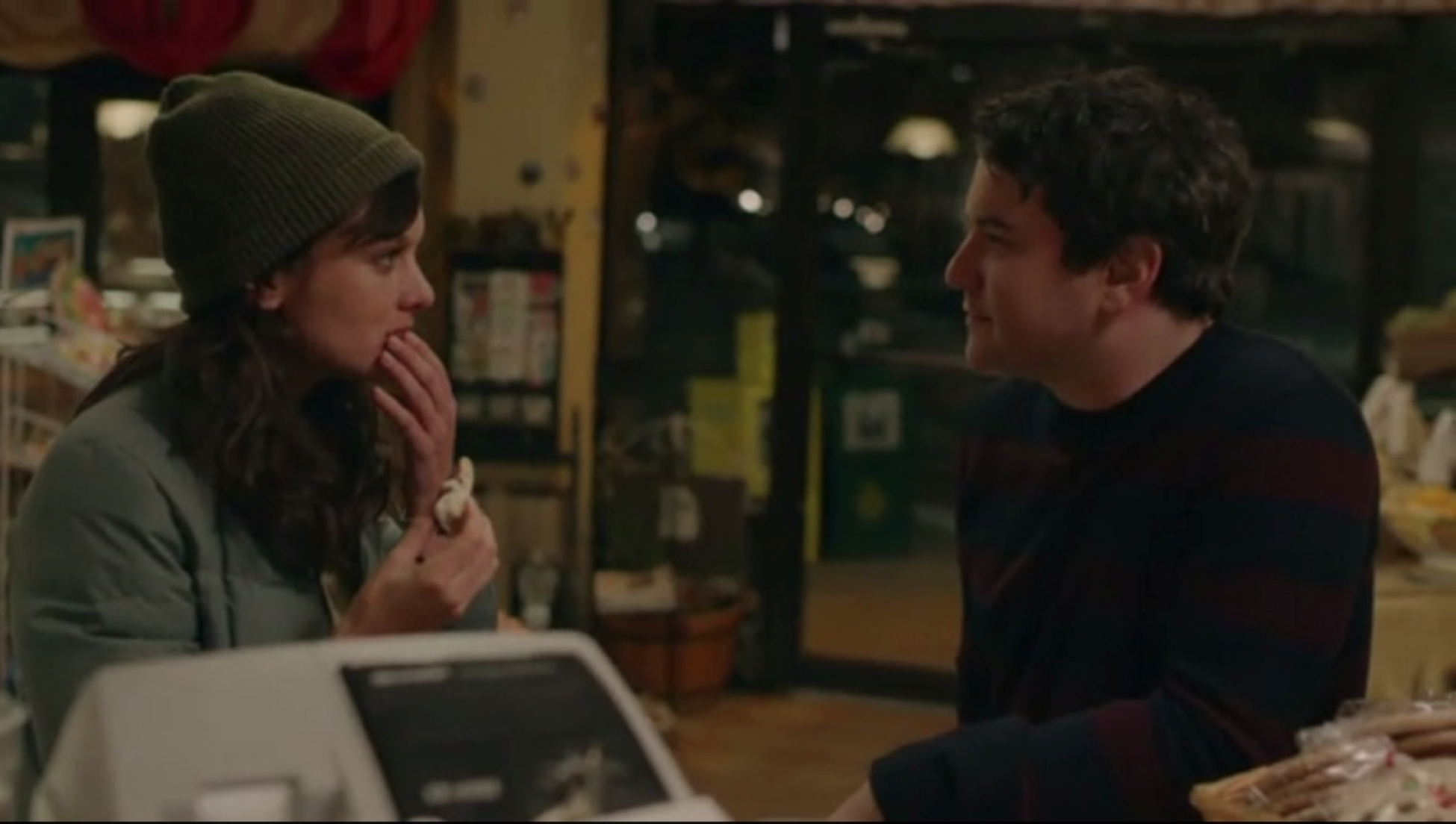
“You look great. You look . . . homeless great.”
Unfortunately, she also has to contend with the rest of her family who hurt as often as they help. She has a mostly amiable relationship with Larry’s father, Rafi (Miguel Gomez), who has a shaky year of sobriety under his belt and shows up for bedtime, usually. Unfortunately, he’s irresponsible and clearly dependent upon his new girlfriend (her meeting Bridgette is hands-down the funniest scene of the episode). Worse, Bridgette is so starved for his attention she’s willing to take whatever he can give her. Him offering to “babysit” his own child so Bridgette can get out more is almost as upsetting as her lack of reaction to it.
On the other hand, her employer, Ally (played by a criminally underused Connie Britton), is a well-meaning, but restless housewife who is quick to blur the professional boundaries. This only further highlights the already prominent class differences between them, and is sure to be rich terrain for future episodes to explore.
Mental illness is also tackled with aplomb. Bridgette’s mother, Tutu, suffers from untreated depression and her lapses in judgement are frequent, the flare-ups unavoidable. She may not be the best option for childcare, but like so many other things in her life, Bridgette’s options remain limited. Bridgette’s struggle with bulimia is ingrained into the episode just as seamlessly, and when she makes an off-hand disclosure of sexual abuse at the end of the episode it’s played for laughs, though pain is lodged in her eyes. These struggles aren’t treated with any particular degree of sensitivity or specialness, nor can they be tucked neatly into a corner. Mental illness and trauma are just more things you have to deal with, and some days you’re better at dealing than others.
SMILF’s strongest moments remain its most ordinary. Ms. Shaw has a keen eye for capturing the connective tissue, the day-to-day joys that push life forward. The most touching scene of the episode is when Bridgette wakes up with her son. She watches him bounce up and down on the bed as the morning light hits his honeyed blonde curls, and it’s clear this is the best part of her day. While Mommy-shamers are sure to have a field day with Bridgette leaving Larry unattended to go on a quick snack run, SMILF makes a point to show us what a good mom she is, and how much she enjoys it. It’s her circumstances that get her down, not her son.
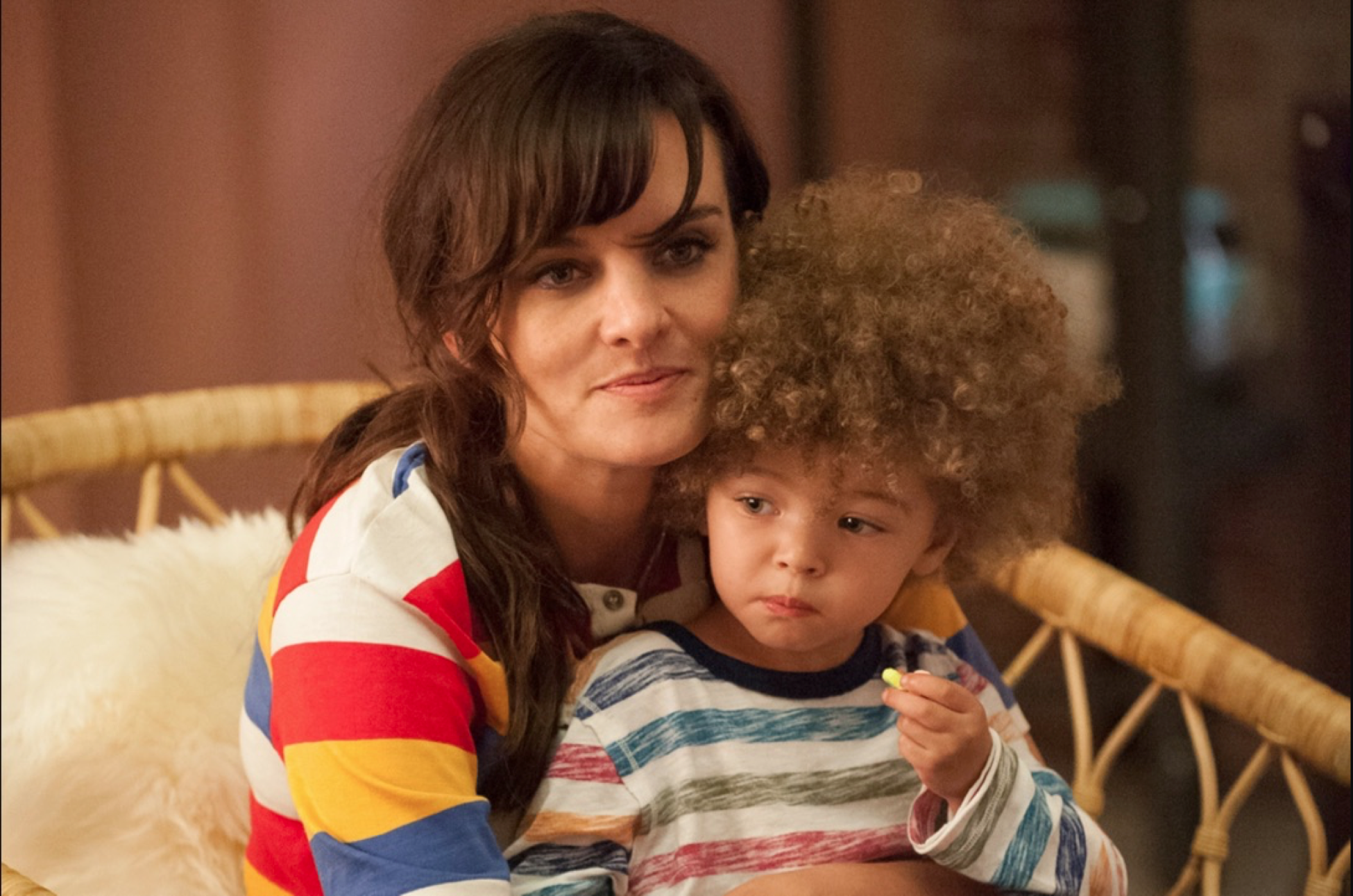
#Twinning
SMILF is a heartfelt, bulldozingly honest, and sporadically funny exploration of parenting without a partner or money to fall back on. Its nuanced understanding of the intersection of class and motherhood sets it apart from its contemporaries. In BETTER THINGS Sam struggles to raise three daughters, but her tough-love parenting is cushioned by her wealth. The characters on SHAMELESS (which fittingly proceeds SMILF in the Sunday night line up) live in a similar socioeconomic bracket of Chicago, but they are generally too inebriated and self-destructive to explore the intricacies of parenthood. Even in the Golden Age of Television Demogorgons are still considered more palatable than people struggling to pay their rent, and despite the obvious correlation, single mothers are seldom short on cash. It’s as if they are thought to be carrying too much already—but as Ms. Shaw expertly shows us, that’s what women have been doing all along. Television is just finally catching up.
Verdict: Hit
SMILF airs on Sundays on Showtime


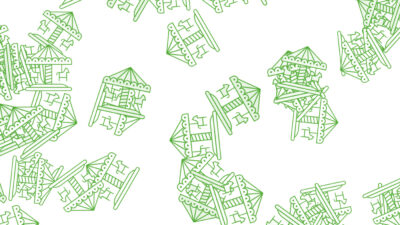


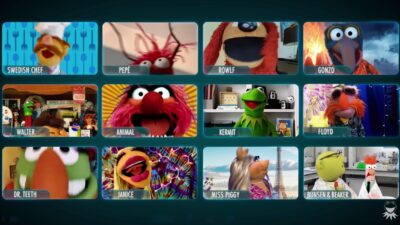
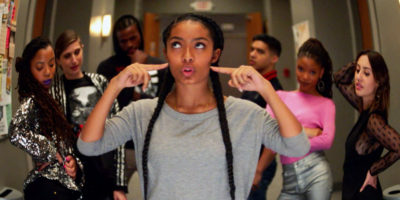









Love this show! It is clever, funny and touches the heart. Love the characters. I hope it gets a second season because it’s getting better and better with each episode.